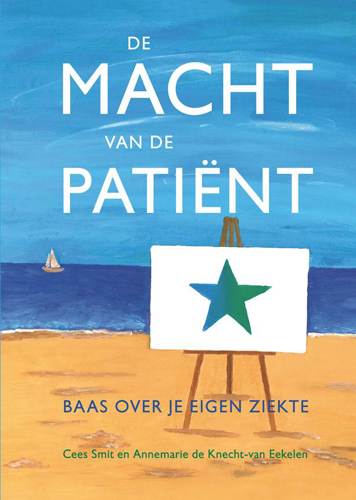A pentagram model with patient groups (Guest blog)
21.10.15
This is illustrated below on the front cover of the book, with the pentagram on the canvas.

One of the recommendations in the book concerns the funding of patient groups. Compared with other stakeholders, the patient community often lacks sufficient resources to be fully equipped to play an appropriate role in the time-consuming and often complex consultation procedures of the EU regulatory process, as well as the authorisation and reimbursement procedures for new drugs.
Neither the European Commission nor the EU Member States have in the past decade developed a clear vision of how patient groups might fulfil their role as a stakeholder in this healthcare pentagram. This topic relates especially to the funding issue of patient groups, and this funding problem should be resolved in the near future in a joint process involving patient groups and the other stakeholders, the EU and the Member States.
Such a process must also end discussions on possible ‘conflicts of interests’ attached to patient groups or patient representatives, given that they are funded by the pharma sector, governments or public-private partnerships. If we expect patient groups to play an independent role in healthcare, then it must also be a logical consequence that they should act together with other stakeholders in public-private partnerships, including, for example, the Innovative Medicines Initiative (IMI).
About the author
Cees Smit has written numerous books on healthcare, including, in recent years, publications on ageing with chronic diseases, such as haemophilia and hiv. In September 2015, he published together with Annemarie de Knecht – van Eekelen the book ‘De macht van de patiënt, baas over je eigen ziekte’.
Since 1978, he has been member of the research project Haemophilia in The Netherlands’ at the Leiden University Medical Centre (LUMC). From 1987-1998 he was co-ordinator of the Netherlands Haemophilia Society and has also worked in mental health.
Cees studied business economics at the Free University in Amsterdam. In January 2003, he received an honorary doctorate from the college of deans of the University of Amsterdam in recognition for his work on patient participation, haemophilia and medical biotechnology.
For further information: info@smitvisch.nl
